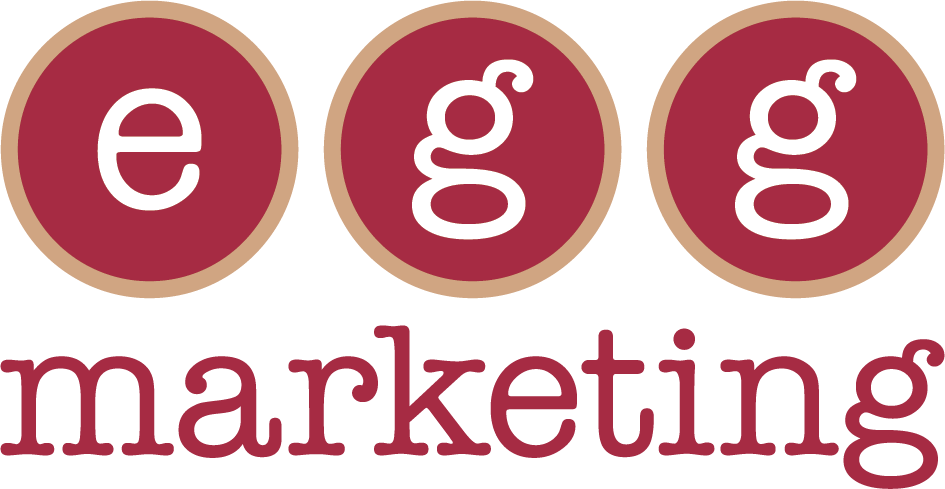
10 Sales Lessons I’ve Learned From Running My Own Business
If you had told me 10 years ago that I’d end up in sales, I wouldn’t have believed you. Even now, seven years into running my marketing firm, I don’t consider myself a salesperson.
But that’s exactly what I am. And if you’re a business owner, you’re one too.
As an entrepreneur, I’m constantly selling both my company’s services and myself. It’s my job to convince businesses to part with money, and to help them consider that expense a wise investment. So here’s what I, as one who once quit a sales job because she hated it so much, have learned about sales.
1. The Job of Selling Never Ends.
Fortunately, selling your own company’s services is more enjoyable than struggling to meet sales goals for an employer. But whether I’m guest blogging online, responding to questions on Twitter, or talking to someone in the grocery store, I’m always on. If there’s an opportunity to help a business with marketing, I need to be there, ready to propose how my company can help.
2. The Best Time to Try to Sell is When You’re Busy.
I’m essentially a solopreneur, so when I’m busy, I don’t have a legion of salespeople who are out there working to get me more business. It’s all me. So understandably, marketing and selling my own services sometimes gets pushed off to the side. But today’s sales result in tomorrow’s work, so if I’m not working to close more deals now, I won’t have work tomorrow.
3. Sales is a Numbers Game.
Besides referrals and people who find me through my writing, I get a large number of writing or marketing projects through Elance. It’s difficult to filter through the people who don’t know what they want, or don’t want to pay what I charge, so I spend a lot of time bidding on projects I’ll never close on. A certain percent of my time that is simply wasted barking up the wrong tree. I’m learning to dispose of dead-end leads faster, but it’s still a process.
4. Guest Posting is Your Secret Weapon.
I get paid to blog for some clients. I contribute content for free elsewhere. Either way, when I ask new clients where they found me, the number one response is an article I wrote. I sell writing services, so clearly, my blog posts and articles give people a sense of my skills and expertise. But this applies in just about any field. It’s called thought leadership, and it serves to build a connection and trust with potential customers.
5. Your Other Best Selling Tool? Your Passion.
I’ve sold worker’s compensation services for a living. Ask me how that career went. I wasn’t thrilled at the idea of selling companies on the fact that eventually, their employees would get injured, and when they did, they should come to my clinic. But marketing? Oh, now you’ve gotten me started. I will talk your ear off about how you absolutely should be using email marketing to connect with customers, and why you shouldn’t expect to make millions overnight with Twitter. My passion is what helps me sell projects. Clients see that I love what I do, and they’re eager for me to apply that enthusiasm to their own marketing needs.
6. Processes Make Your Job Easier.
Early on, I would invoice willy-nilly. I’d send project agreements to some but not all new clients. Nothing was concrete; it just depended on whether or not I remembered to create a document or bill on time. Now I invoice consistently. I send agreements to all clients (well, almost all). I protect myself and make sure my intake process is more or less identical for all new clients.
7. Never Compete on Price.
As I said, I look for projects on Elance, where I’m competing with writers in third world countries. And where companies have come to expect professionals, like me, who have been in the field for 10 years, to charge just $3 per article. These are not the clients I want, so I try to spot them quickly and move on.
8. Find Clients Who Are Willing to Pay What You’re Worth.
When you first start a business, it’s easy to undercharge. You don’t feel like an expert in your field, and you’re still so new. How could you possibly charge $100 an hour?? Or maybe you’re desperate for cash, so you take on low-paying work just to have something coming in. I did that for a few years, but soon realized I could make more at Starbucks. So now, I charge more than some people are willing to pay, and that’s okay. I work with a higher-caliber client who is willing to pay what I charge, and who appreciates my experience.
9. Sales Aren’t Scary.
I think it was all that time I spent with sales goals and pressure to achieve that turned me off from the word sales. But for me as a business owner, what sales really mean is the first step in being able to help another company succeed. It’s the entry point to a new business relationship. And there’s nothing scary about that.
10. Repeat Customers Rock.
Once I’ve worked with a client and they’re happy, there’s an 85.37% chance they’ll come back for more projects. And I like that. I already know what to expect about working with this individual, and I don’t have to market to find a new customer.
Coming up with this list of lessons learned, I realize: I’m a pretty darn good salesperson! It’s not what I envisioned a salesperson to be, but if it helps me grow my marketing company, I must be onto something.
Entrepreneurs, what sales lessons have you learned from running your own companies?
Editor’s Note: This was originally written by Susan Guillory for Sales Machine.
Photo: Wirawat Lian-udom via Compfight




